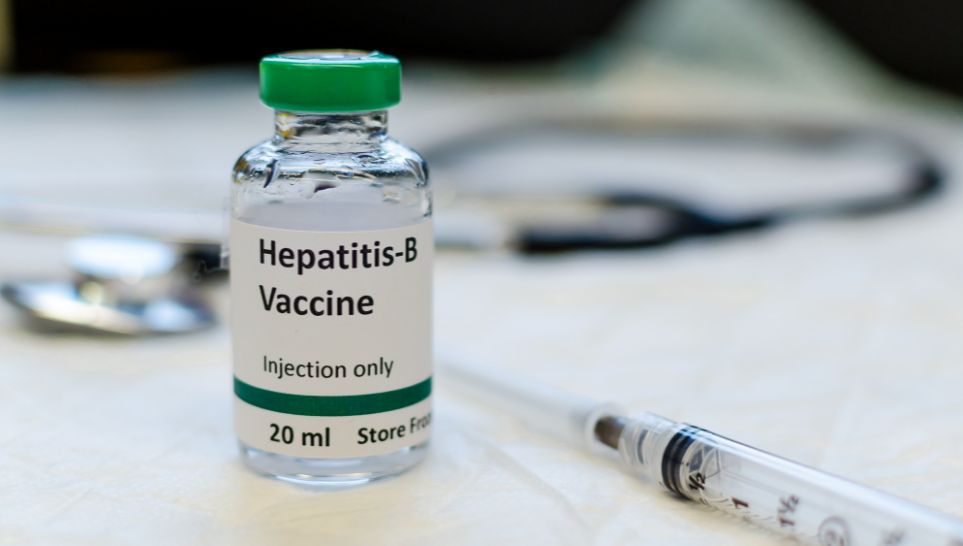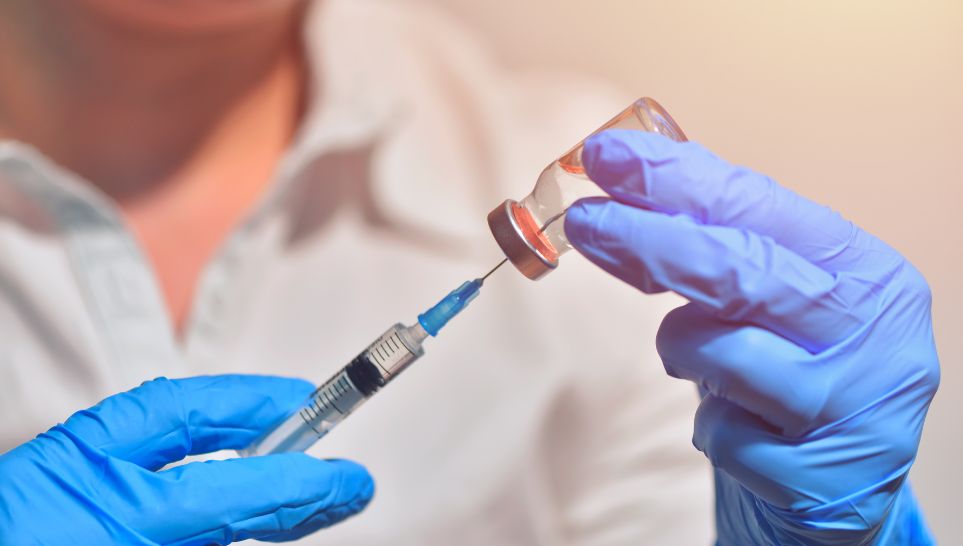
Vaccines save lives by improving immunity to a disease. They are typically made from killed or weakened versions of the same germs — or parts of the germs — that cause the disease. Theses killed or weakened germs are introduced into the body via immunization injection. The vaccine triggers the body’s immune system to recognize the agent as an invading organism, destroy it and “remember” it by making antibodies. The antibodies stay in a person’s body so the immune system can more easily recognize and destroy the germs if a person is ever exposed to the real disease.
However, vaccines cause side effects just like any other medication. For example, some people report feeling ill or tired for several days after receiving a vaccination shot, while others experience severe allergic reactions or suffer lifelong complications.
Is Anaphylaxis Following Vaccination Common?
One of the most dangerous risks of vaccination is anaphylaxis, a potentially life-threatening allergic reaction to venom, food, drugs or vaccines. In the United States, more than 100 million people get vaccinations each year from their doctor or pharmacist. Despite the staggering number of immunizations performed each year (and that most vaccines can trigger a severe allergic reaction), the incidence of people experiencing anaphylaxis following vaccination is extremely low.
A report published in The Journal of Allergy and Clinical Immunology looked at data collected on more than 9 million people in the CDC’s Vaccine Safety Datalink to determine rates of anaphylaxis in adults and children who received vaccinations from 2009 to 2011. The researchers found 33 confirmed vaccine-triggered anaphylaxis cases that occurred after the administration of more than 25 million vaccine doses. Of these cases, only one patient was hospitalized and none died. The study shows that the risk of anaphylaxis following vaccination is rare among age groups, with a rate of one to two per million vaccine doses administered.
Are Some People More Likely to Experience Anaphylaxis After Vaccination?
Some people are more likely to have a severe allergic reaction to vaccination:
• People who have had an allergic reaction after a previous immunization;
• People who have a history of egg allergy;
• People who have an allergy to latex;
• People who had a previous anaphylactic reaction to gelatin or gelatin-containing products; and
• People who have an allergy to thimerosal.
There are several types of vaccines that may have come into contact with egg protein or contain egg protein. For example, yellow fever vaccine contains egg protein, and mumps vaccine viruses are grown in a chick embryo fibroblast tissue culture.
For a person who has experienced a reaction to immunization, it is important for a doctor to identify the type of reaction that occurred, get a history of previous allergic reactions, and try to identify the agent responsible. In general, a history of a severe allergic reaction to a vaccine should be considered a contraindication to additional doses of the same vaccine.
What Are Symptoms of Anaphylaxis?
Despite its rarity, anaphylaxis is a potentially life-threatening medical emergency. Anaphylaxis requires an injection of epinephrine and trip to an emergency room. If anaphylaxis isn’t treated immediately, it can be fatal.
Anaphylaxis can occur within seconds or minutes of exposure to an allergen like vaccines. However, sometimes it can occur more than thirty minutes after exposure.
Anaphylaxis can cause a person to go into shock—their blood pressure will drop suddenly and airways will narrow, blocking breathing. Other symptoms of anaphylaxis include:
• Skin reactions (hives or itching and flushed or pale skin)
• Low blood pressure
• Constriction of your airways and a swollen tongue or throat that can cause trouble breathing and wheezing
• Weak and rapid pulse
• Nausea, vomiting or diarrhea
• Dizziness or fainting
If you or a loved one has suffered from Anaphylaxis following a vaccine, please contact a Vaccine Injury Lawyer.





